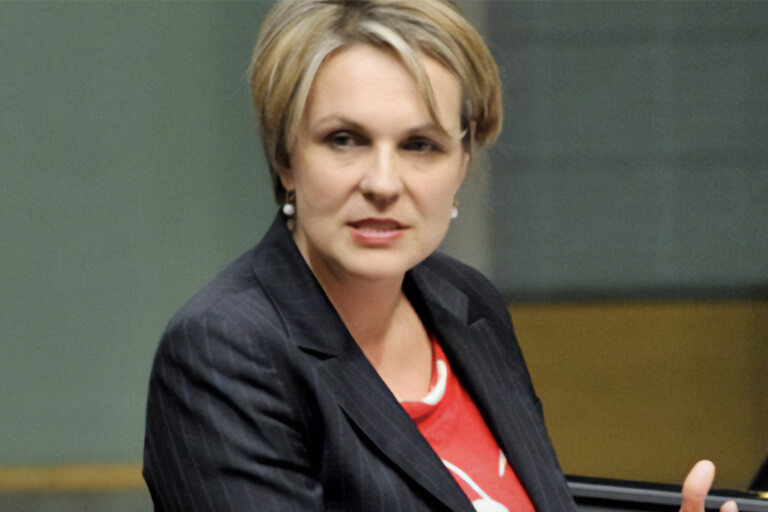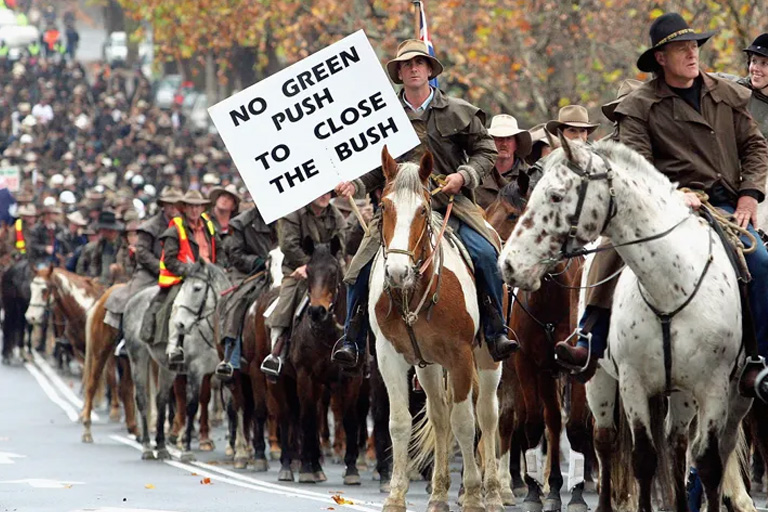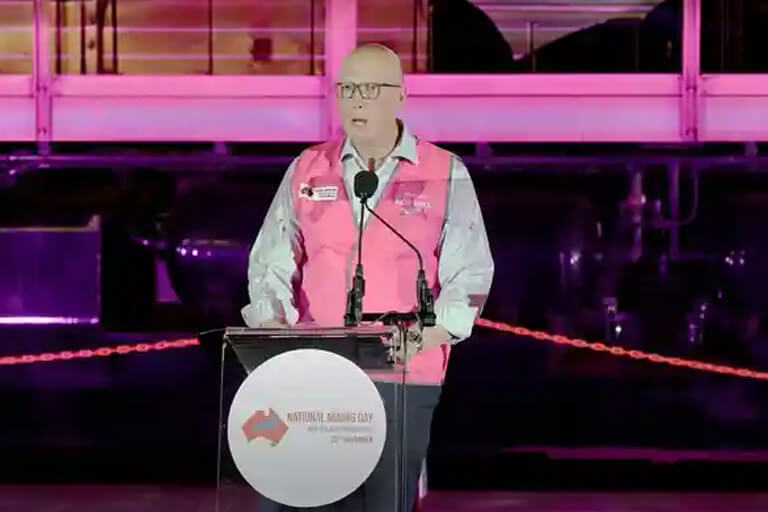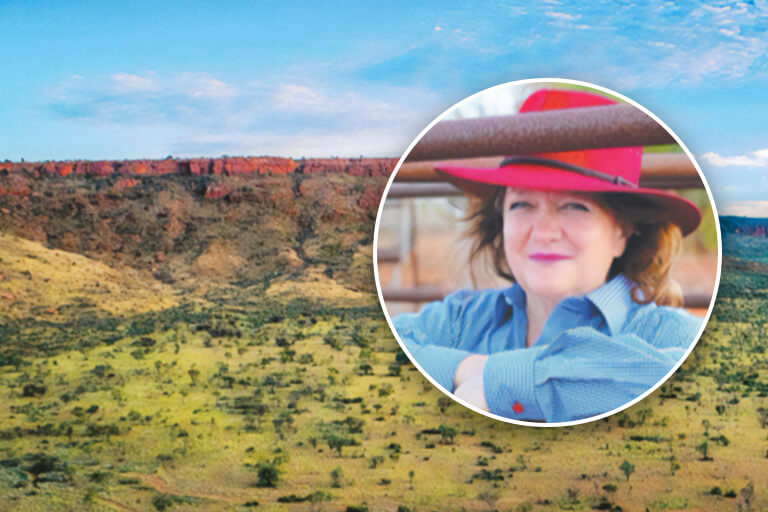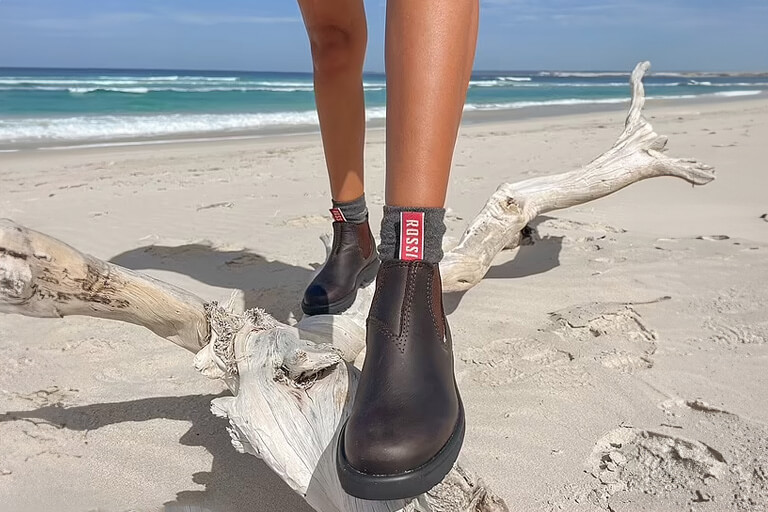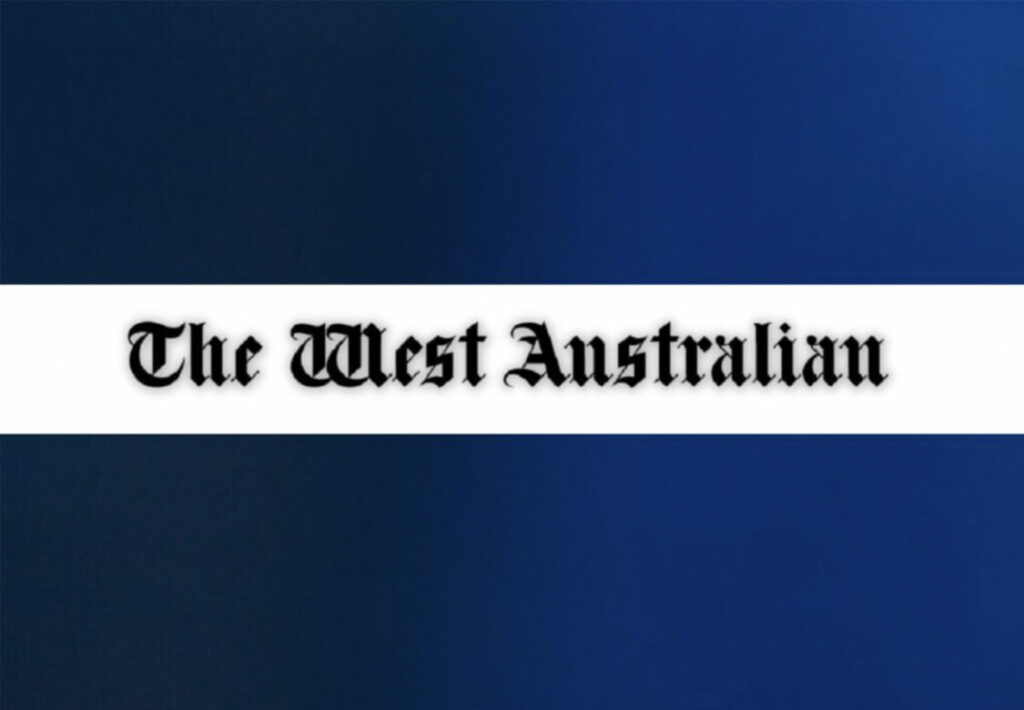
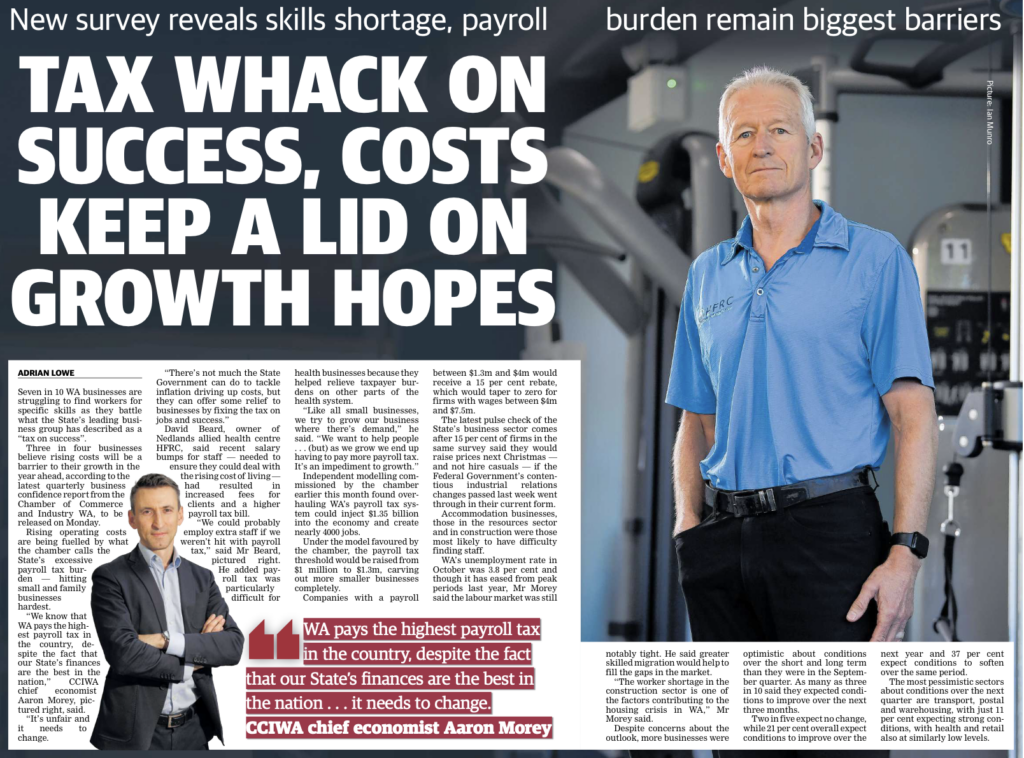
New survey reveals skills shortage, payroll burden remain biggest barriers
Article by Adrian Lowe courtesy of the West Australian.
Seven in 10 WA businesses are struggling to find workers for specific skills as they battle what the State’s leading business group has described as a “tax on success”.
Three in four businesses believe rising costs will be a barrier to their growth in the year ahead, according to the latest quarterly business confidence report from the Chamber of Commerce and Industry WA, to be released on Monday.
Rising operating costs are being fuelled by what the chamber calls the State’s excessive payroll tax burden — hitting small and family businesses hardest.
“We know that WA pays the highest payroll tax in the country, despite the fact that our State’s finances are the best in the nation,” CCIWA chief economist Aaron Morey, pictured right, said.
“It’s unfair and it needs to change.
“There’s not much the State Government can do to tackle inflation driving up costs, but they can offer some relief to businesses by fixing the tax on jobs and success.”
David Beard, owner of Nedlands allied health centre HFRC, said recent salary bumps for staff — needed to ensure they could deal with the rising cost of living — had resulted in increased fees forclients and a higher payroll tax bill.
“We could probably employ extra staff if we weren’t hit with payroll tax,” said Mr Beard, pictured right. He added payroll tax was particularly difficult for health businesses because they helped relieve taxpayer burdens on other parts of the health system.
“Like all small businesses, we try to grow our business where there’s demand,” he said. “We want to help people . . . (but) as we grow we end up having to pay more payroll tax. It’s an impediment to growth.”
Independent modelling commissioned by the chamber earlier this month found overhauling WA’s payroll tax system could inject $1.35 billion into the economy and create nearly 4000 jobs.
Under the model favoured by the chamber, the payroll tax threshold would be raised from $1 million to $1.3m, carving out more smaller businesses completely.
Companies with a payroll between $1.3m and $4m would receive a 15 per cent rebate, which would taper to zero for firms with wages between $4m and $7.5m.
The latest pulse check of the State’s business sector comes after 15 per cent of firms in the same survey said they would raise prices next Christmas — and not hire casuals — if the Federal Government’s contentious industrial relations changes passed last week went through in their current form.
Accommodation businesses, those in the resources sector and in construction were those most likely to have difficulty finding staff.
WA’s unemployment rate in October was 3.8 per cent and though it has eased from peak periods last year, Mr Morey said the labour market was still notably tight. He said greater skilled migration would help to fill the gaps in the market.
“The worker shortage in the construction sector is one of the factors contributing to the housing crisis in WA,” Mr Morey said.
Despite concerns about the outlook, more businesses were optimistic about conditions over the short and long term than they were in the September quarter. As many as three in 10 said they expected conditions to improve over the next three months.
Two in five expect no change, while 21 per cent overall expect conditions to improve over the next year and 37 per cent expect conditions to soften over the same period.
The most pessimistic sectors about conditions over the next quarter are transport, postal and warehousing, with just 11 per cent expecting strong conditions, with health and retail also at similarly low levels.

